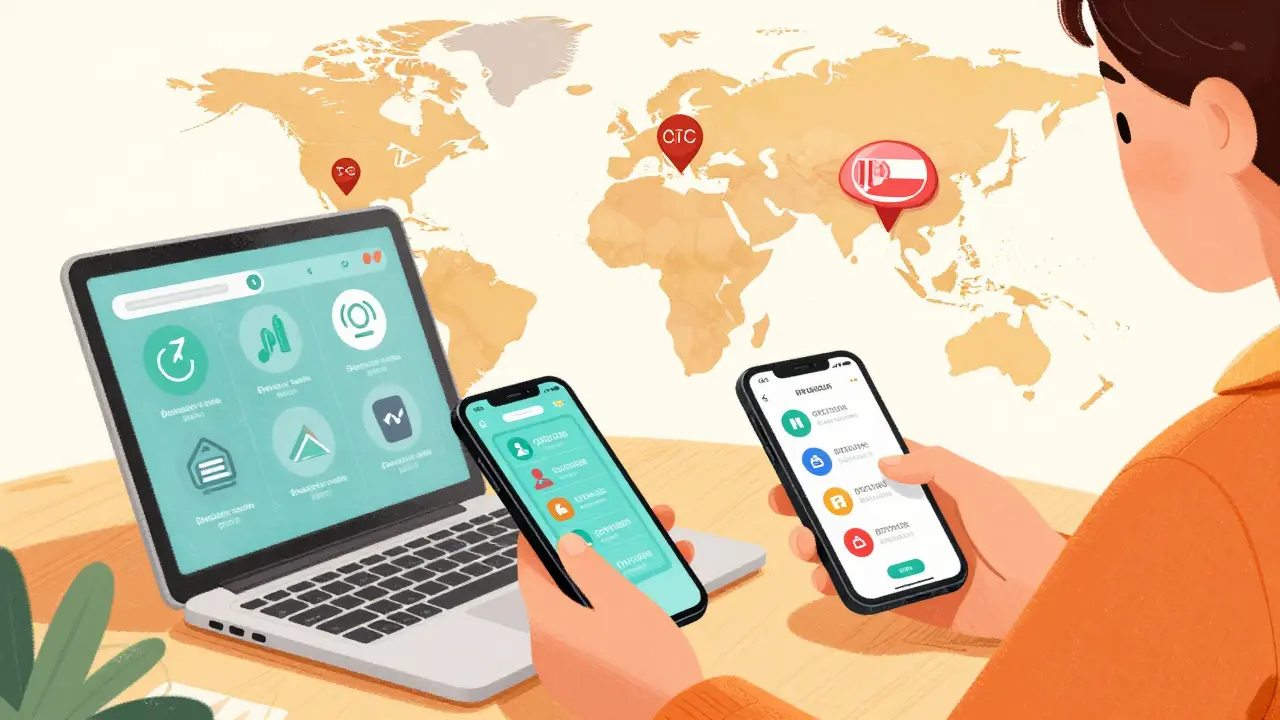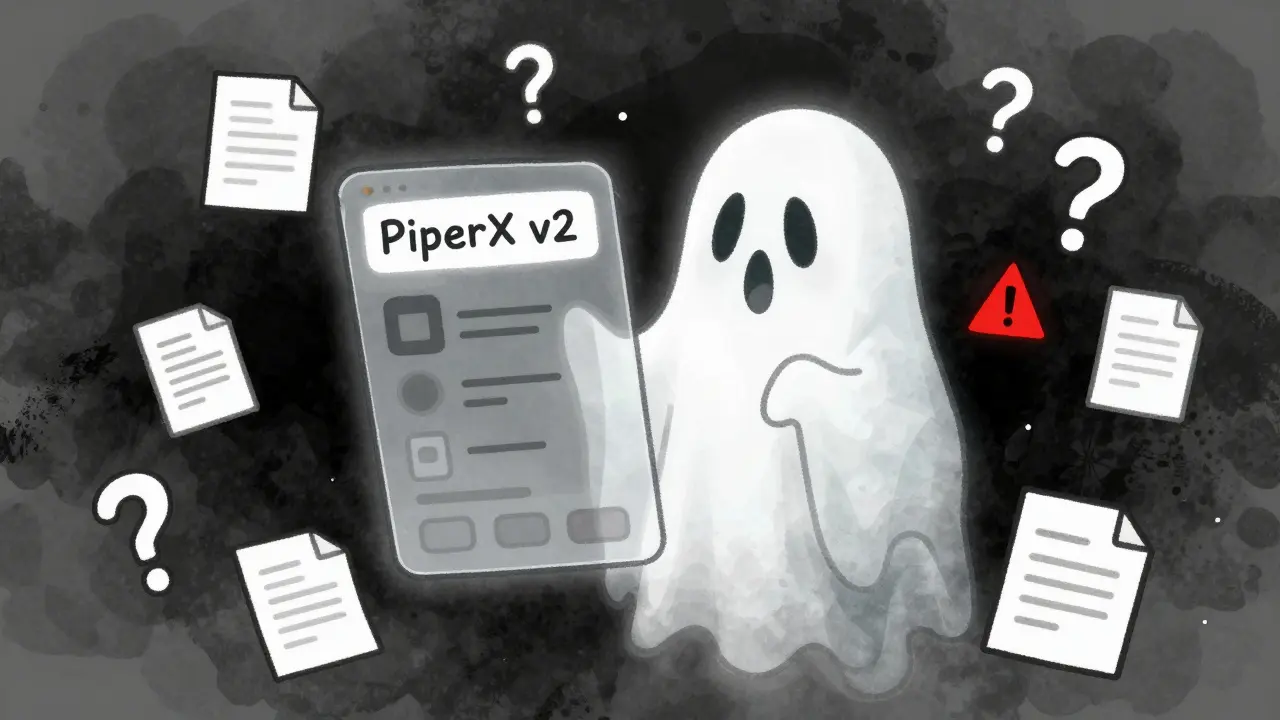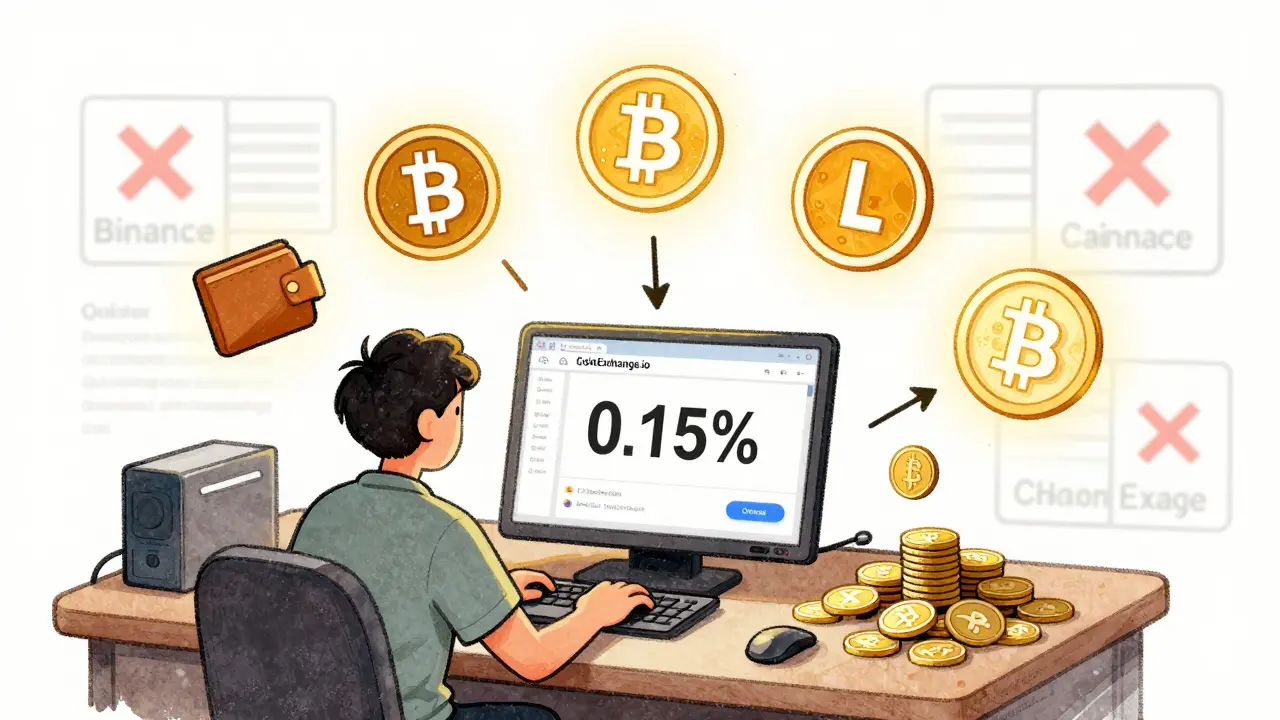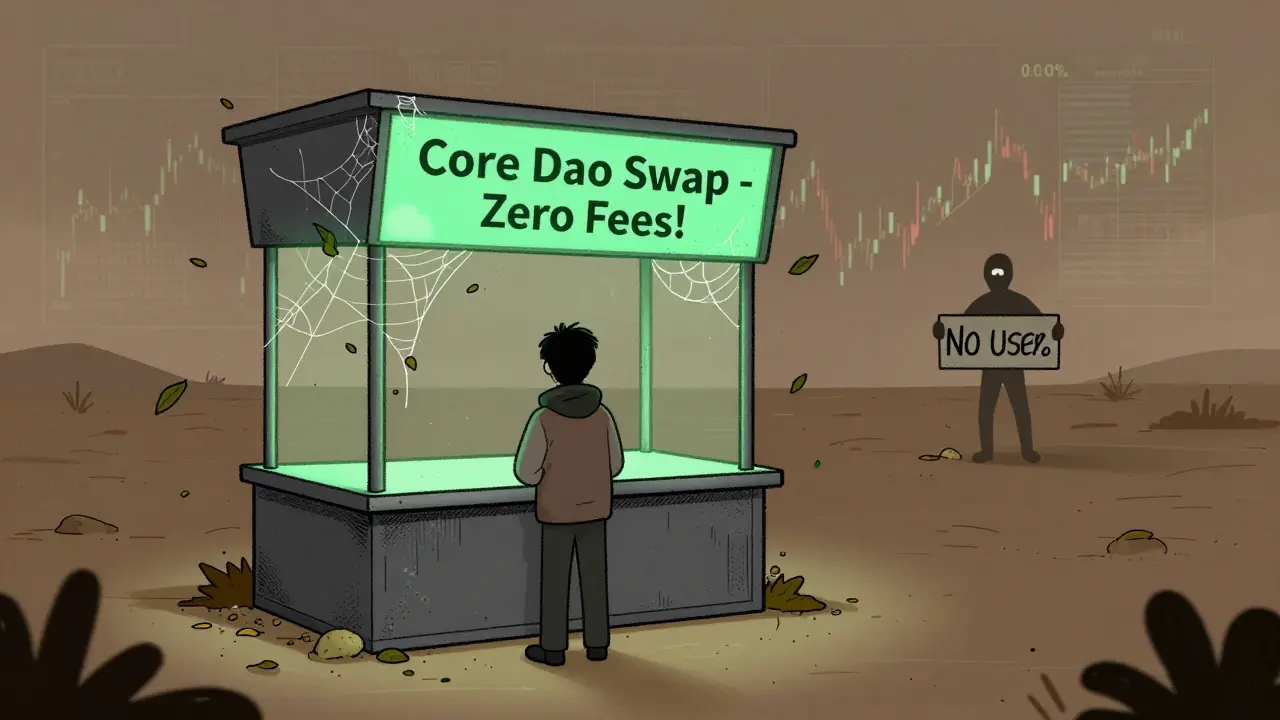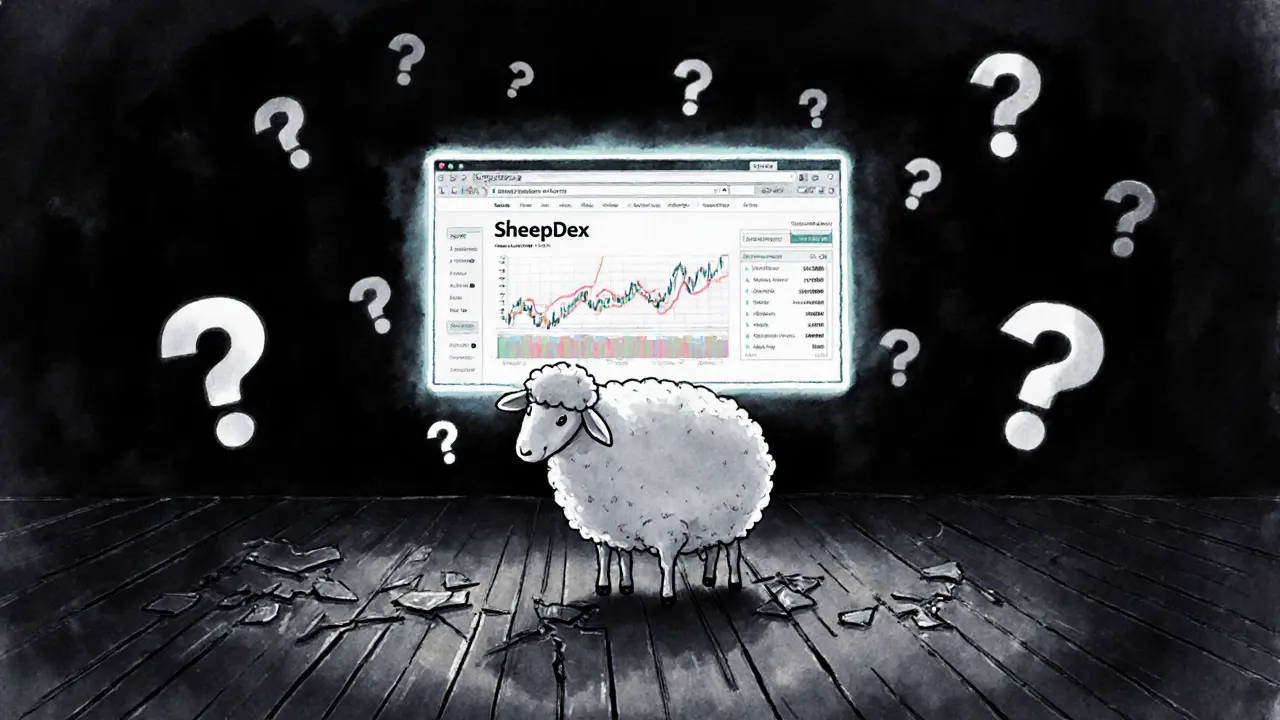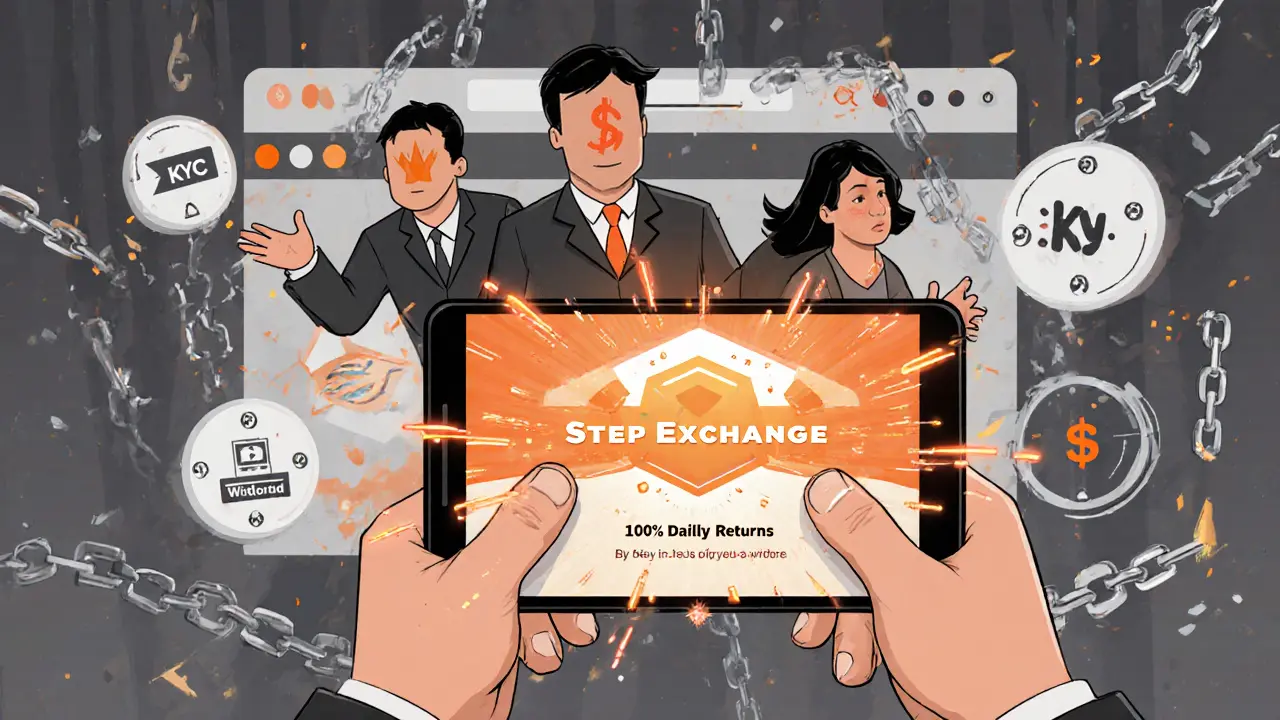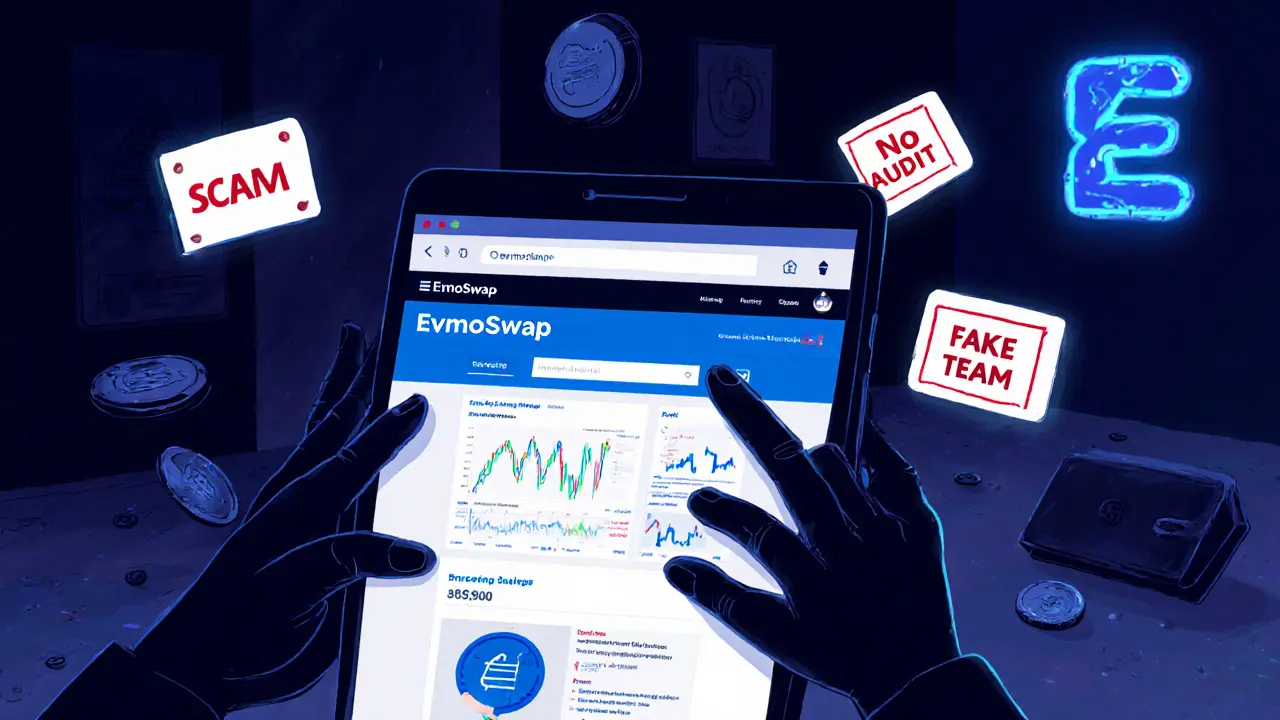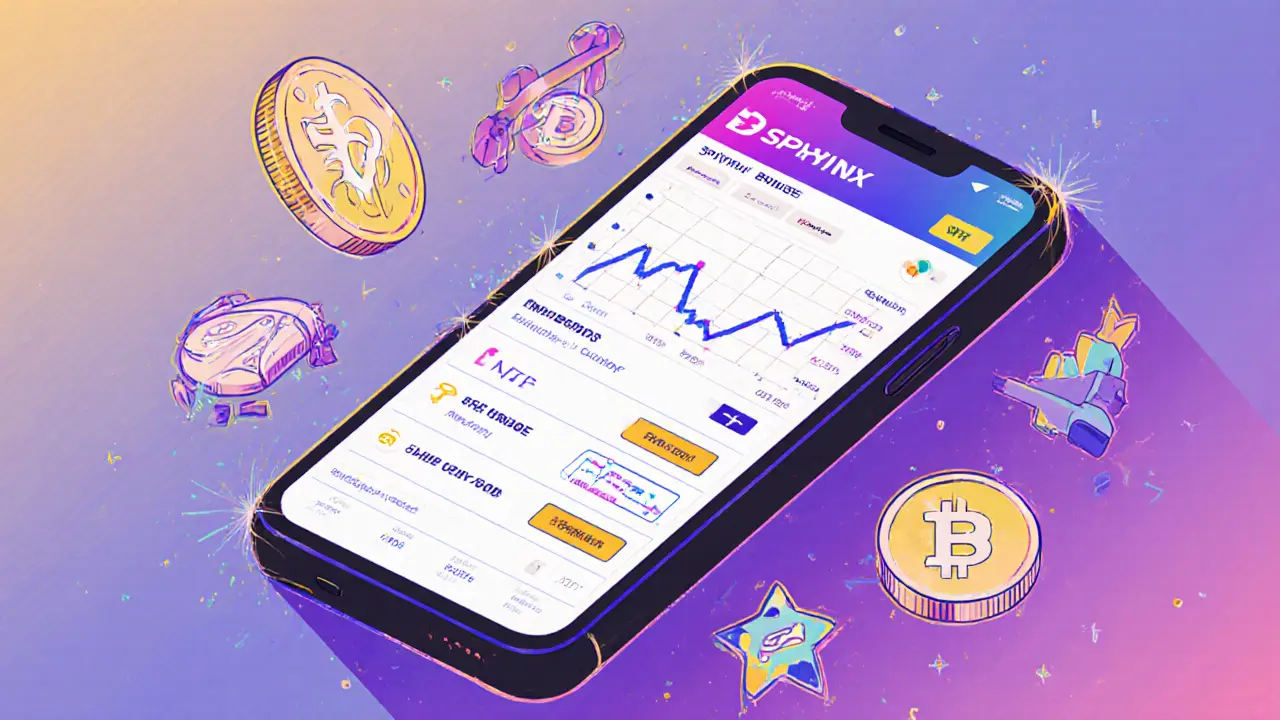Crypto Exchange: Best Platforms, Risks, and What You Need to Know
When you trade crypto, you’re not just buying coins—you’re using a crypto exchange, a platform where you buy, sell, or swap digital assets like Bitcoin, Ethereum, or niche tokens. Also known as a cryptocurrency trading platform, it’s the bridge between your wallet and the market. Not all exchanges are built the same. Some, like OKX, a global exchange offering high leverage, 350+ coins, and deep liquidity, are centralized and handle your keys. Others, like Camelot V3, a zero-fee decentralized exchange built for Arbitrum users, let you trade directly from your wallet without handing over control.
The biggest mistake people make? Assuming all exchanges are safe. Centralized exchanges like OKX offer fast trades and customer support, but if they get hacked, you could lose everything. Decentralized exchanges (DEXs) like Camelot V3 or Marswap keep your funds in your control, but they’re trickier to use, often have low liquidity, and can be full of fake tokens. You need to know what you’re trading on. A DEX like Lifinity on Solana might promise lower impermanent loss, but if no one’s trading there, your money just sits idle. And don’t get fooled by names—there’s no official Neko Network airdrop, but scammers use similar names to trick you into connecting wallets. Always check the real project website before you click anything.
What’s the point of all this? Because your choice of exchange changes everything. If you’re trading Shibarium tokens, Marswap makes sense. If you’re on Arbitrum, Camelot V3 gives you better rewards. If you’re in Korea and want leverage, OKX is one of the few that works. But if you’re new? Start with a simple, well-known platform. Avoid meme coin DEXs with zero audits. And never, ever trust a "free token" pop-up that asks for your private key. The posts below break down real exchanges—what they offer, who they’re for, and where the traps are. You’ll see reviews of platforms that actually matter, not just hype. No fluff. Just what works, what doesn’t, and why.
